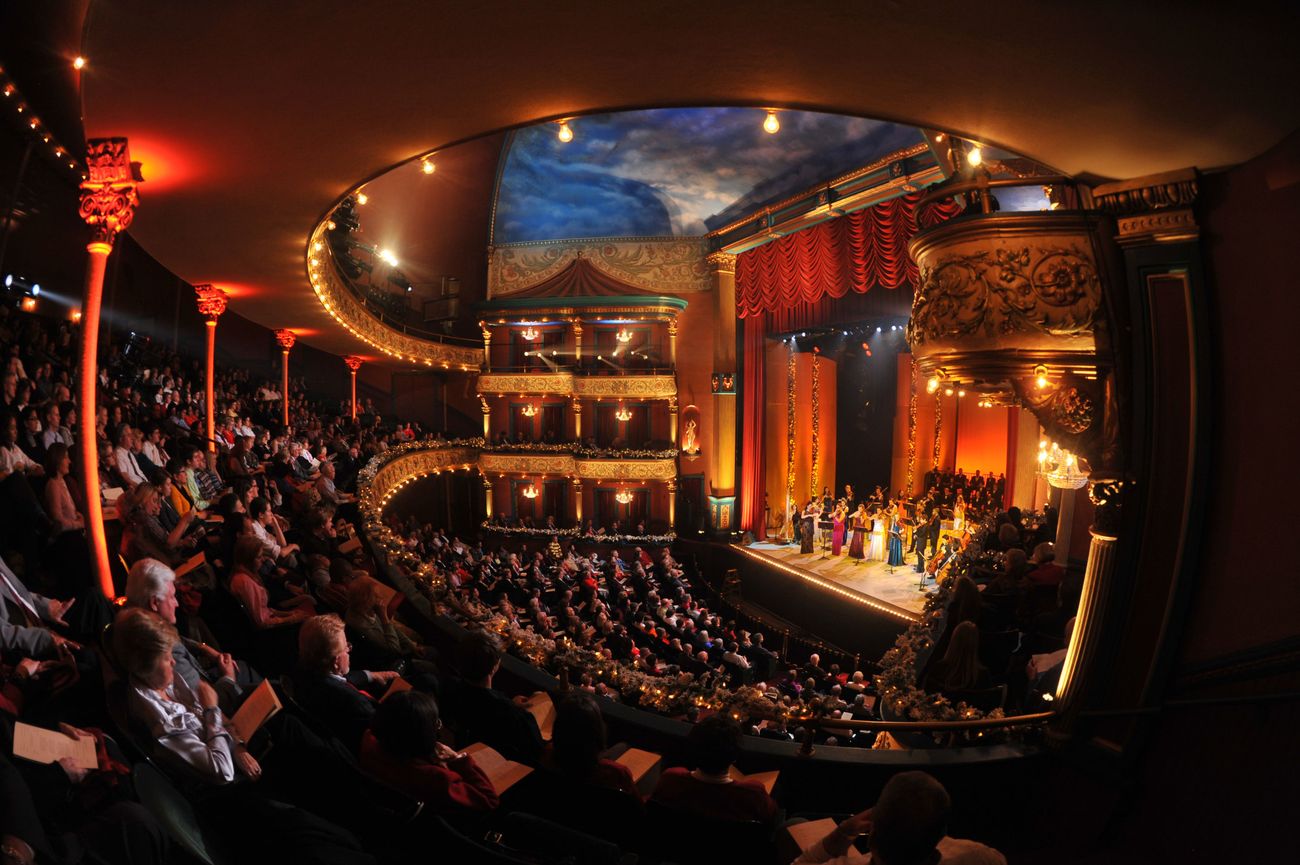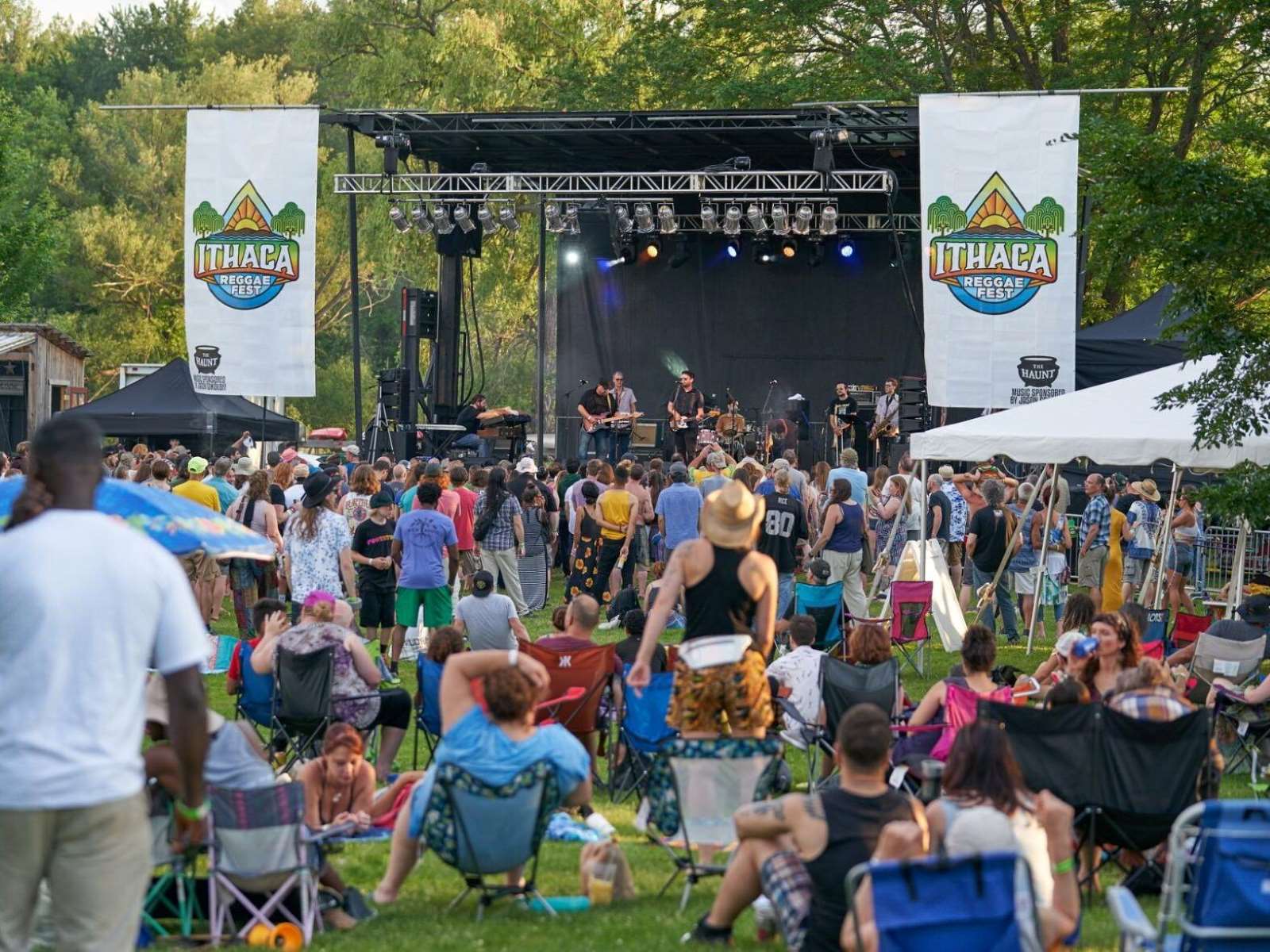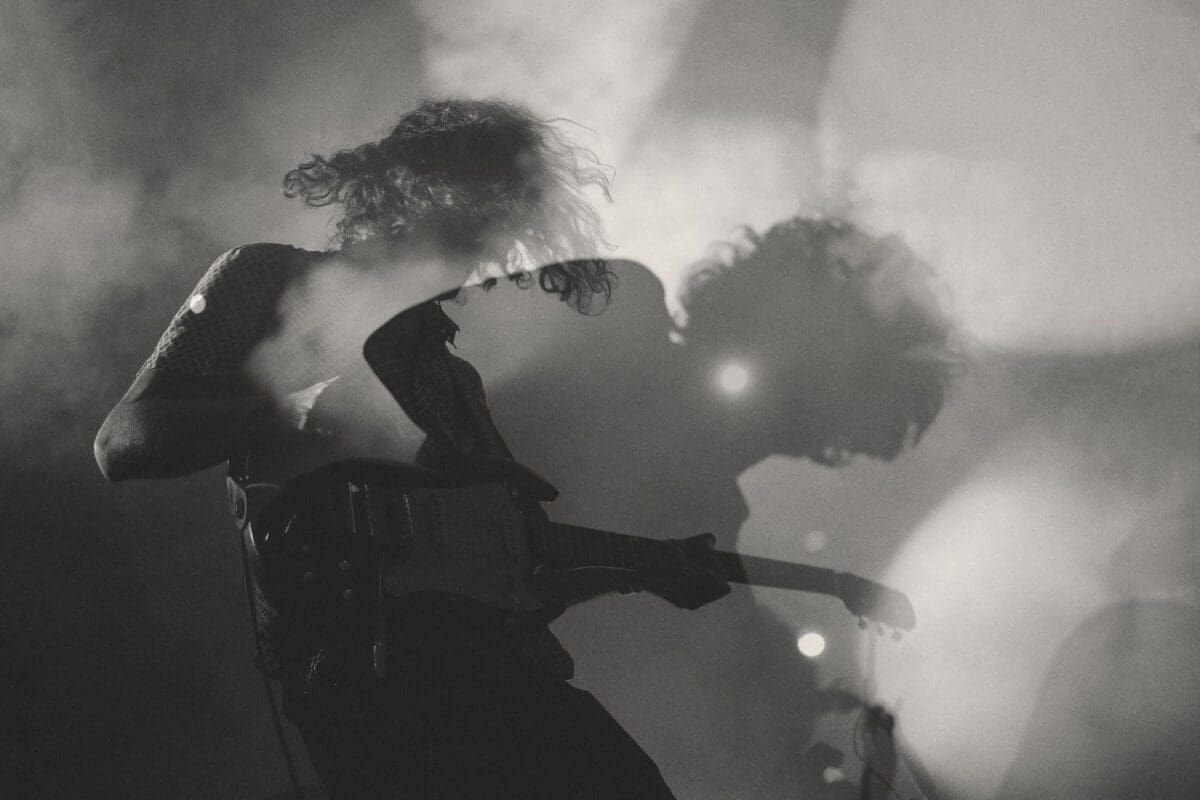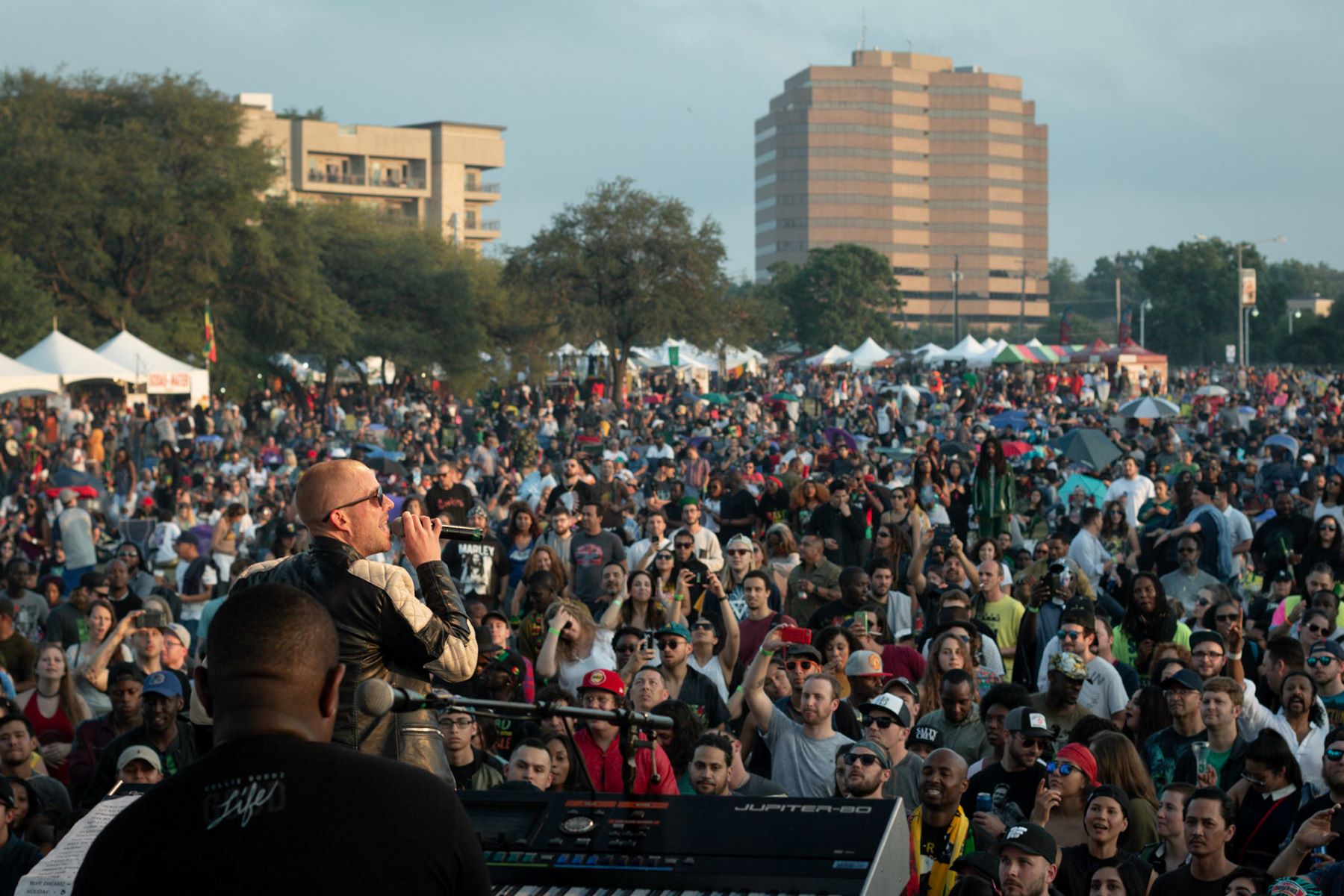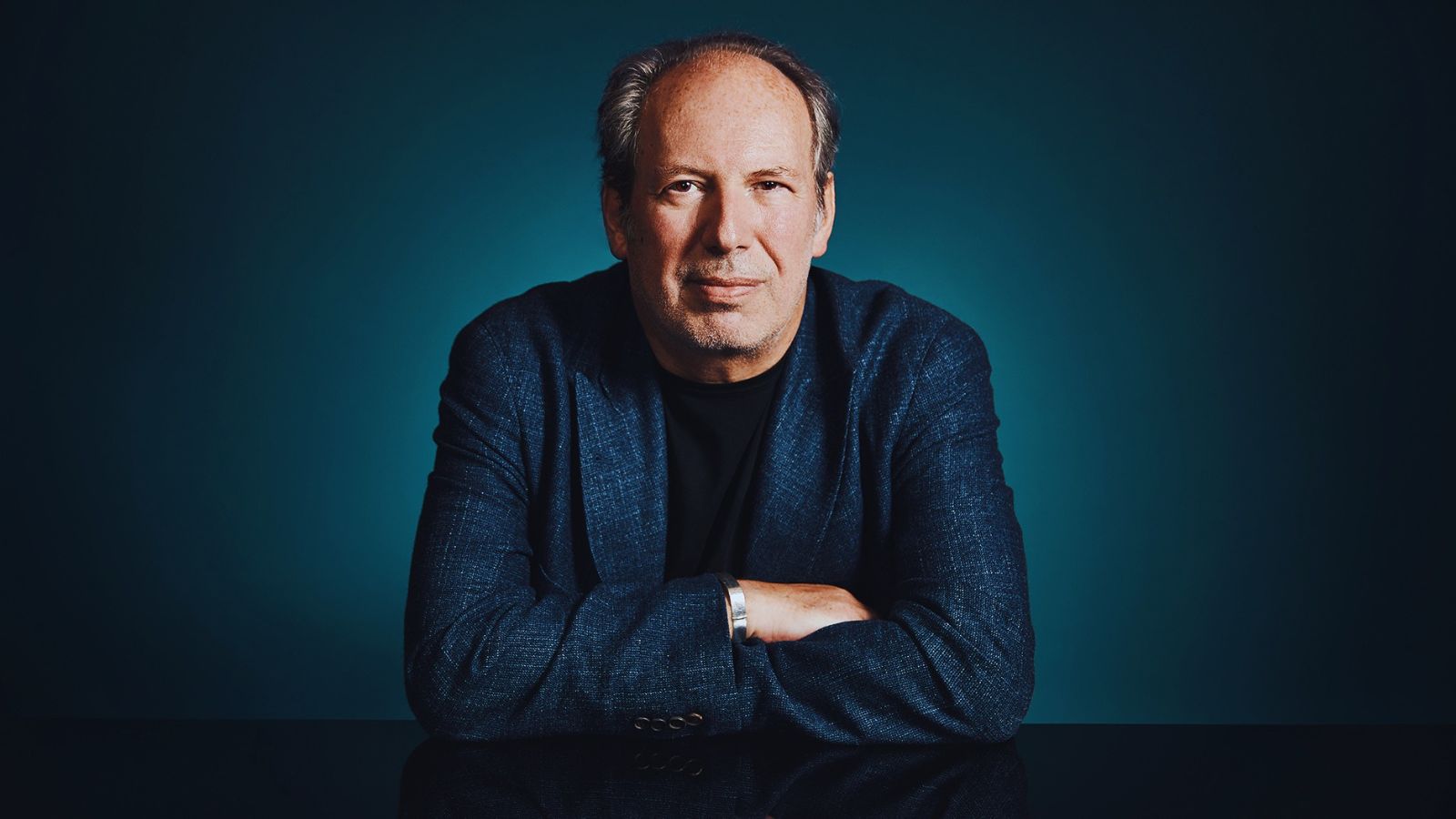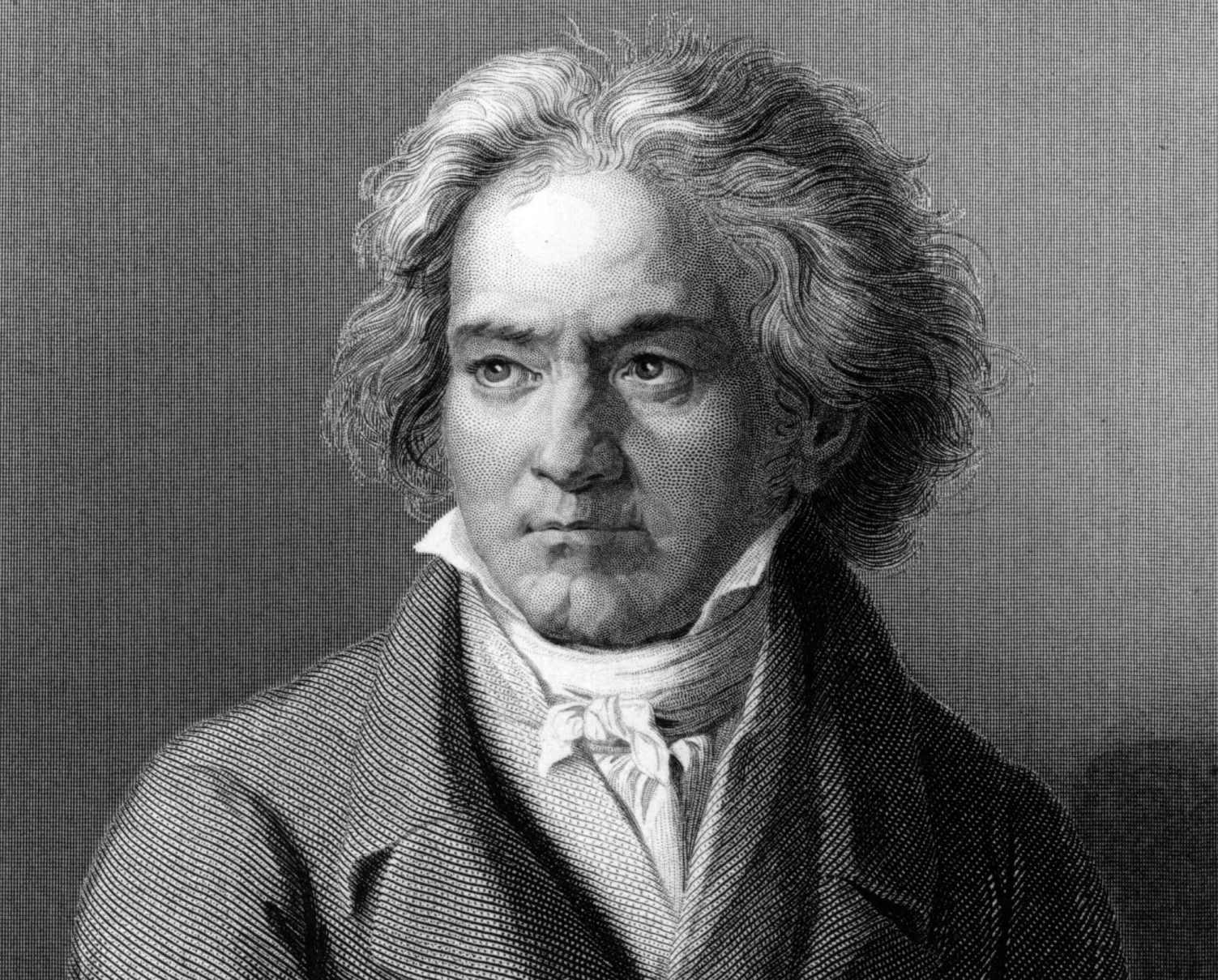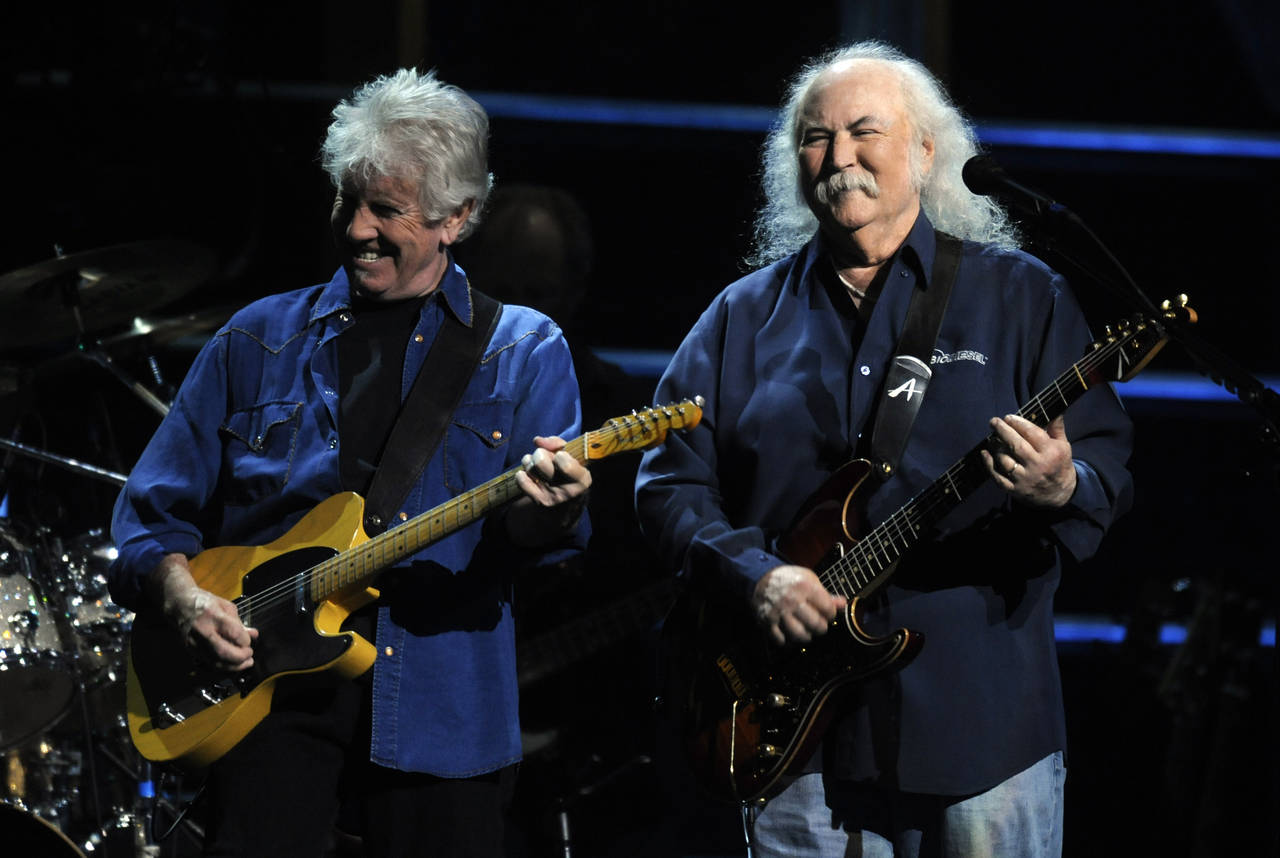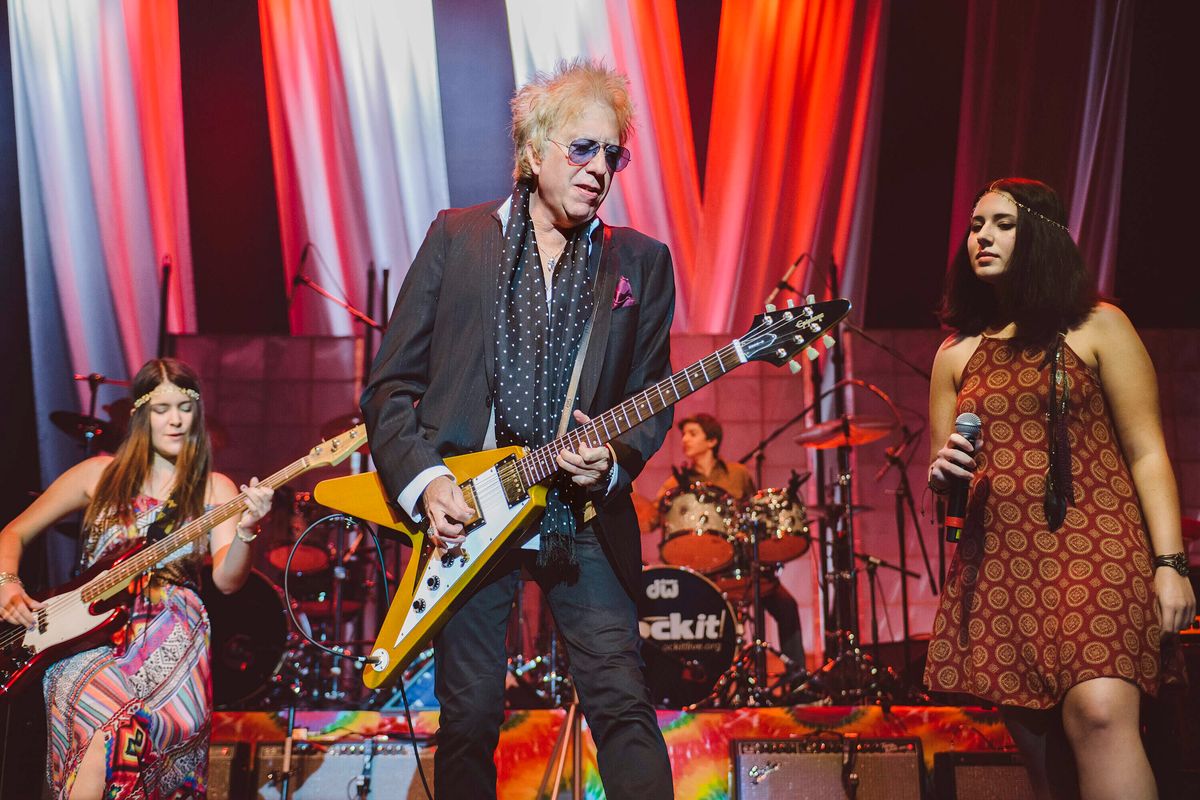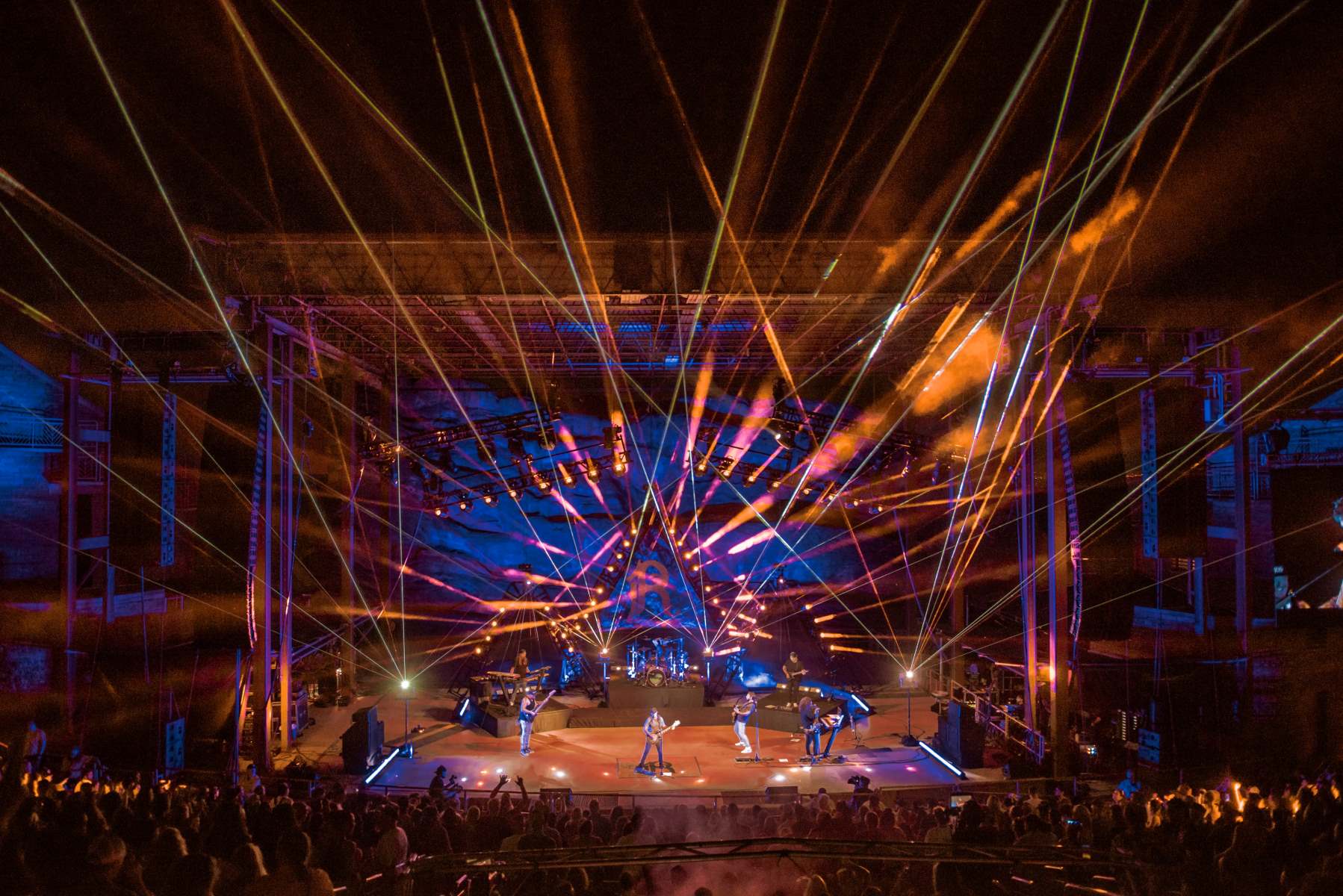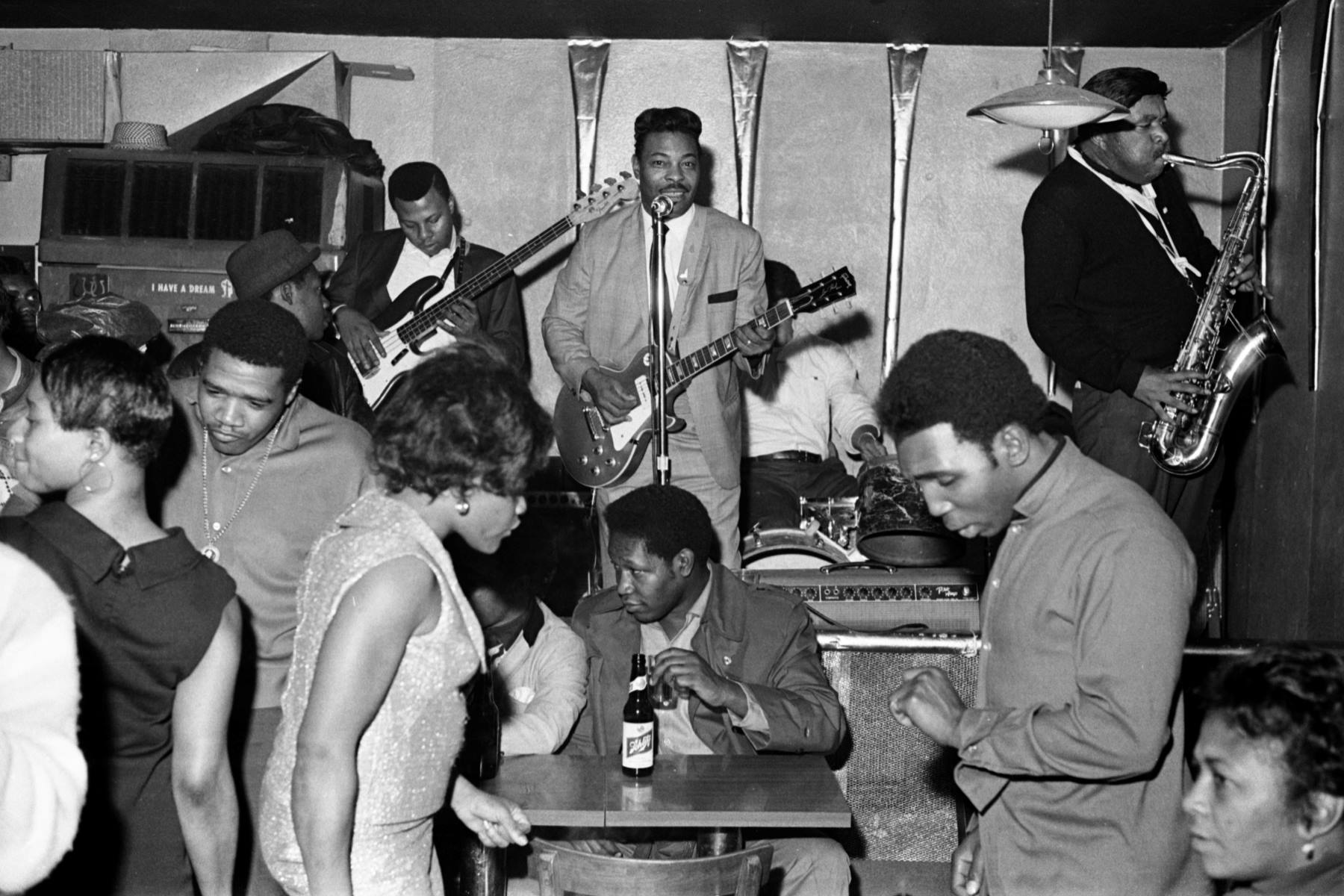Home>Genres>Reggae>When Did Reggae And Punk Rock Become Popular
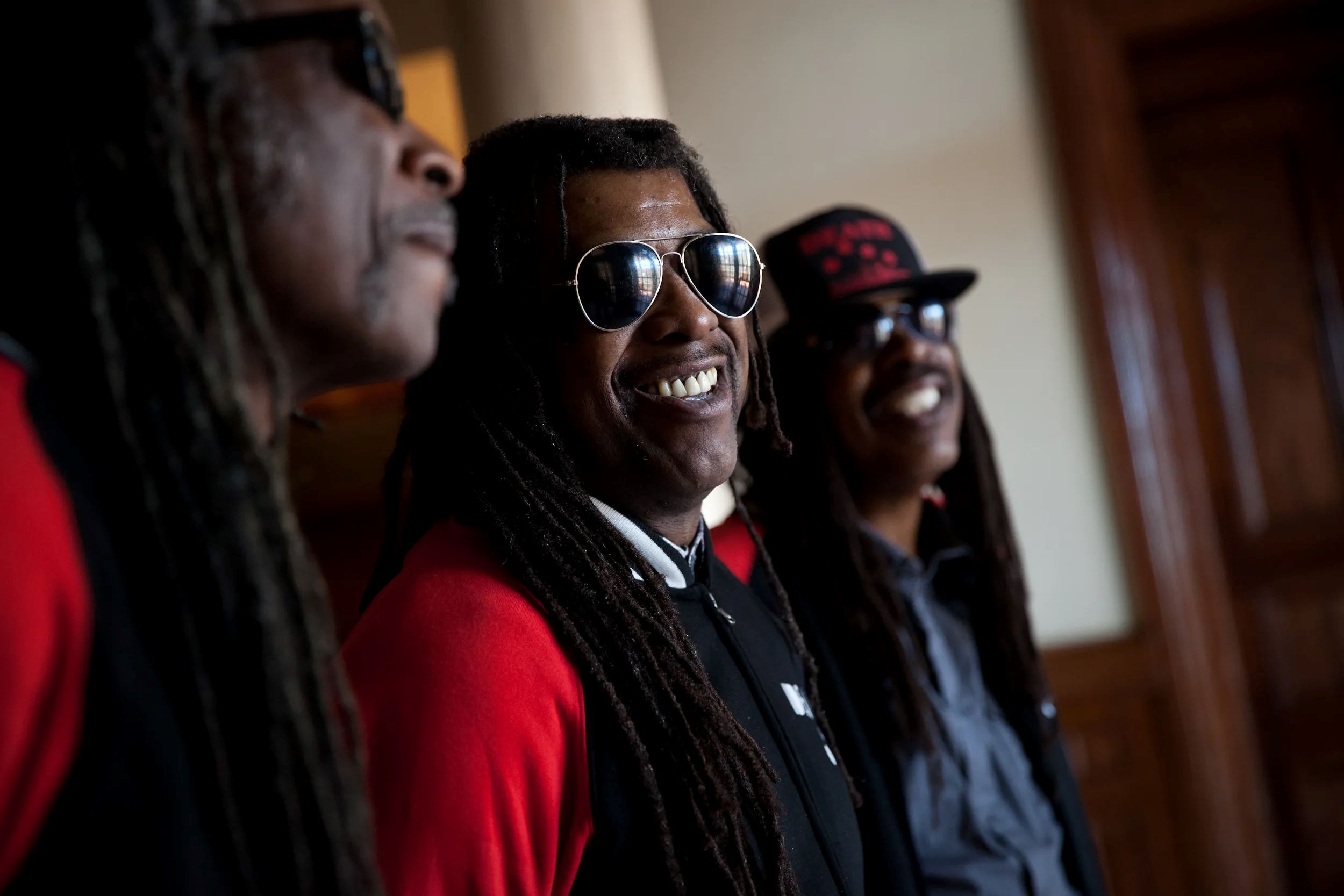

Reggae
When Did Reggae And Punk Rock Become Popular
Modified: January 22, 2024
Discover the intersection of reggae and punk rock, their rise in popularity, and the impact they had on music culture. Explore the origins and evolution of this unique genre fusion.
(Many of the links in this article redirect to a specific reviewed product. Your purchase of these products through affiliate links helps to generate commission for AudioLover.com, at no extra cost. Learn more)
Table of Contents
Introduction
Reggae and punk rock are two distinct genres of music that emerged in the 20th century, captivating audiences with their unique sounds and rebellious spirit. While they may seem worlds apart, both genres have had a profound impact on music and culture, carving their own place in the history of popular music.
Reggae, originating from Jamaica in the late 1960s, is known for its infectious rhythms, laid-back melodies, and socially conscious lyrics. It rose to prominence through the iconic figure of Bob Marley and became a symbol of resistance and unity for marginalized communities.
Punk rock, on the other hand, emerged in the mid-1970s as a raw and aggressive reaction to the commercialization of the music industry. With its loud and fast-paced sound, punk rock became a voice for the disenchanted youth, preaching rebellion and DIY ethics.
While these genres may seem like polar opposites, they found common ground in their rejection of mainstream music and commitment to counterculture movements. This article will delve into the unlikely relationship between reggae and punk rock, exploring how they influenced each other and contributed to the evolution of music as we know it.
Roots of Reggae Music
To understand the origins of reggae music, we must trace its roots back to the rhythmic sounds of ska and rocksteady. In the 1960s, these genres emerged in Jamaica as a fusion of American R&B, jazz, and Caribbean influences. Ska, characterized by its upbeat tempo and offbeat guitar chords, laid the foundation for what would later become reggae.
Reggae music, as we know it today, evolved in the late 1960s with the emergence of artists like Bob Marley, Peter Tosh, and Bunny Wailer. The distinct rhythm patterns, heavy basslines, and soulful vocals became the defining elements of reggae. It offered a voice to the oppressed and spoke to social and political issues, reflecting the struggles of the Jamaican people.
Reggae also showcased elements of Rastafarian culture, with its spiritual and philosophical themes. The lyrical content often touched upon themes of love, spirituality, and the search for social justice. The powerful and rhythmic beats of reggae music had a profound impact not only in Jamaica but across the world, becoming a symbol of rebellion and unity.
Reggae gained international recognition in the 1970s, primarily through the efforts of Bob Marley and his band, The Wailers. Their iconic album “Catch a Fire” introduced reggae to the global stage, spreading the message of peace, love, and unity. Bob Marley’s charisma and charisma transcended borders and cultures, making him the unofficial ambassador of reggae music.
Reggae’s popularity continued to grow in the decades that followed, with artists like Jimmy Cliff, Toots and the Maytals, and Burning Spear contributing to its global reach. The laid-back rhythms and meaningful lyrics of reggae music appealed to a wide audience, transcending language and cultural barriers.
With its infectious grooves and socially conscious messages, reggae music laid the groundwork for future genres and became a spiritual and cultural force that still resonates today.
Origins of Punk Rock
Punk rock emerged in the mid-1970s as a powerful and rebellious response to the state of the music industry at the time. It was born out of a dissatisfaction with the mainstream, commercialized sound that dominated the airwaves. Punk rock was a rejection of the polished and extravagant rock music that had become prevalent in the early ’70s.
The origins of punk rock can be traced back to cities such as New York City, London, and Los Angeles, where a new generation of musicians and artists began to create music that was raw, energetic, and unapologetic. It drew inspiration from various sources, including garage rock, protopunk bands like The Stooges and MC5, and the DIY ethos of the punk subculture.
Punk rock was characterized by its short and fast-paced songs, typically featuring three chords and simplistic yet powerful lyrics. It was a revolt against the perceived pretentiousness of mainstream music, favoring a DIY approach that emphasized individuality and self-expression. Punk rock became known for its vibrant and energetic live performances, often accompanied by an aggressive and confrontational attitude.
Bands like the Ramones, Sex Pistols, and The Clash were at the forefront of the punk rock movement, pushing the boundaries of music and challenging societal norms. Their songs addressed topics such as social and political unrest, disillusionment, and the frustrations of youth. Punk rock became a voice for the disenchanted and marginalized, offering an outlet for their frustrations and a sense of belonging within the punk community.
The spirit of punk rock quickly spread across the globe, with punk scenes emerging in cities around the world. Each scene had its own unique characteristics and subgenres, including hardcore punk, post-punk, and pop punk. Punk rock became synonymous with rebellion, anti-establishment sentiments, and a DIY ethos that encouraged individuals to create their own music, art, and fashion.
While punk rock initially faced backlash from mainstream media and the music industry, its influence and impact on music and culture cannot be understated. It paved the way for alternative and underground music and set the stage for future genres like grunge, indie rock, and even hip-hop.
The origins of punk rock were rooted in a desire to reclaim the spirit of rock and roll, stripped down to its raw elements and infused with a rebellious attitude that would resonate with generations to come.
The Clash: Blending Reggae and Punk
One band that played a pivotal role in blending reggae and punk rock was The Clash. Formed in London in 1976, The Clash became known for their eclectic musical style and their willingness to experiment with different genres. Reggae was one of the genres that heavily influenced their music, leading to a unique fusion that captivated audiences around the world.
The Clash’s incorporation of reggae into their punk sound was a groundbreaking move that challenged traditional musical boundaries. Inspired by the social and political messages of reggae music, The Clash recognized the power of this genre in expressing dissent and addressing important issues. By infusing reggae elements into their punk rock, The Clash expanded the horizons of both genres, creating a fusion that was both innovative and powerful.
Songs like “White Man in Hammersmith Palais” and “Guns of Brixton” showcased The Clash’s ability to seamlessly blend reggae rhythms with their punk energy. These songs not only highlighted their musical prowess but also conveyed their political and social consciousness. The Clash used their platform to raise awareness about racial inequality, political corruption, and social unrest, aligning themselves with the reggae movement for change.
One of the key figures in bridging the gap between reggae and punk within The Clash was their guitarist and vocalist, Joe Strummer. Strummer’s deep appreciation for reggae music and his understanding of its cultural significance played a significant role in shaping The Clash’s sound. His collaborations with reggae artists, such as Lee “Scratch” Perry, further cemented his commitment to incorporating reggae into punk rock.
The Clash’s embrace of reggae not only influenced their own sound but also had a broader impact on the punk scene. Their efforts helped break down the barriers between genres, inspiring other punk bands to explore reggae and incorporate its elements into their music. The Clash’s influence extended beyond music, as they became a symbol of unity and social activism, much like the reggae artists who inspired them.
The Clash’s blend of reggae and punk demonstrated the shared rebellious spirit and anti-establishment ethos of both genres. Through their music, they bridged cultural divides and created a sound that resonated with audiences of all backgrounds. The Clash’s bold fusion of reggae and punk continues to influence musicians to this day, reminding us of the power that music has to transcend genres and bring people together in a shared love for music and social change.
The Influence of Bob Marley on Punk Rock
Bob Marley, the iconic figure of reggae music, had a profound influence on the punk rock movement of the 1970s and beyond. Marley’s music and message resonated with punk rock artists, who found inspiration in his rebellious spirit and his ability to use music as a platform for social and political commentary.
Bob Marley’s music transcended genre boundaries and captured the hearts of listeners worldwide. His songs, such as “Get Up, Stand Up” and “Redemption Song,” spoke directly to the frustrations and desires for change felt by punk rockers. Marley’s lyrics were bold, direct, and unapologetic, challenging the status quo and advocating for social justice.
Punk rock bands, including The Clash and The Ruts, often covered Bob Marley’s songs, introducing his music to new audiences and further solidifying his influence on the punk scene. The Clash’s cover of “Police and Thieves” and The Ruts’ rendition of “Jah War” showcased the mutual admiration between punk rock and reggae, while also highlighting the social relevance of Marley’s music.
Bob Marley’s image and style also made an impact on punk rock fashion and aesthetics. His iconic dreadlocks, bold stage presence, and Rastafarian symbolism resonated with punk rockers, who sought to challenge conventional norms through their appearance and attitude. Marley’s influence extended beyond his music, becoming a symbol of resistance and counterculture for punk rockers.
Moreover, Marley’s message of unity and love resonated deeply with punk rockers, who embraced the idea of community and activism. Many punk bands took inspiration from Marley’s emphasis on unity and used their music as a powerful tool for social change, advocating for equality and fighting against oppression.
Bob Marley’s impact on punk rock was not limited to the 1970s. His influence continues to be felt in the punk and alternative music scenes to this day. His legacy is evident in the fusion of reggae and punk in bands like Sublime and Bad Brains, who carried on the tradition of blending the two genres and promoting messages of unity and social consciousness.
Marley’s influence on punk rock serves as a testament to the power of music to transcend boundaries and unite people from different backgrounds. His music and message continue to inspire generations of musicians and activists, reminding us of the importance of using art to fight for a better world.
The Rise of Ska Punk
Ska punk is a genre that emerged in the late 1980s, blending the energetic and fast-paced sound of punk rock with the upbeat and infectious rhythms of ska music. It became a significant subgenre within the punk movement, combining elements of reggae, punk, and ska to create a unique and exciting sound that captivated audiences.
The origins of ska punk can be traced back to bands like Operation Ivy and The Mighty Mighty Bosstones, who experimented with fusing ska and punk influences in their music. Their energetic performances and catchy melodies brought a fresh and vibrant sound to the punk scene, attracting a diverse fanbase.
Ska punk’s rise in popularity can be attributed to its undeniable appeal – the fusion of punk’s rebellious attitude with ska’s lively and danceable beats created a sound that was both irresistible and accessible. The combination of punk’s rawness and ska’s horn sections and offbeat rhythms created a distinctive sound that set ska punk apart from other genres.
As ska punk gained traction, bands like Rancid, Less Than Jake, and Sublime played a crucial role in popularizing the genre. These bands incorporated ska influences into their punk sound, creating anthems that resonated with fans across the globe. Their success paved the way for ska punk to reach a wider audience and become a mainstream phenomenon.
Ska punk’s popularity exploded in the 1990s, with successful bands like No Doubt and Reel Big Fish crossing over into the mainstream. Their catchy tunes, energetic performances, and incorporation of horn sections gave ska punk a broader appeal, attracting fans from various musical backgrounds.
One of the defining features of ska punk is its ability to blend genres seamlessly. Ska punk bands experimented with different musical elements, incorporating elements of reggae, punk, jazz, and even pop into their music. This versatility and willingness to push boundaries contributed to the growth and evolution of the ska punk genre.
Besides its musical aspects, ska punk also embraced a sense of unity and inclusivity. The lively and upbeat nature of the music encouraged fans to come together, dance, and celebrate. Ska punk concerts became renowned for their energetic and vibrant atmosphere, fostering a sense of community and camaraderie among fans.
Although ska punk experienced a decline in mainstream popularity in the early 2000s, the genre continues to have a dedicated following and influence subsequent generations of musicians. Bands like Streetlight Manifesto and The Interrupters are carrying the torch, keeping the spirit of ska punk alive with their high-energy performances and socially conscious lyrics.
The rise of ska punk brought a unique and refreshing sound to the punk rock landscape, infusing it with the infectious and joyful spirit of ska music. Its fusion of punk’s rebelliousness and ska’s exuberance created a genre that continues to attract fans with its energetic sound and sense of unity.
The Clash’s Impact on Reggae Music
The Clash, known for their genre-blending sound and socially conscious lyrics, had a significant impact on reggae music. Their embrace of reggae elements in their music not only introduced the genre to a wider audience but also elevated reggae’s social and political messages.
The Clash’s incorporation of reggae rhythms and influences into their punk sound brought reggae into the mainstream spotlight. Songs like “White Riot” and “London Calling” featured reggae-infused basslines and offbeat guitar rhythms, showcasing The Clash’s ability to seamlessly blend genres. Through their innovative sound, The Clash introduced reggae to audiences who may not have previously been exposed to the genre.
Furthermore, The Clash’s collaborations and partnerships with reggae artists helped bridge the gap between punk and reggae. Their collaboration with reggae pioneer Lee “Scratch” Perry on the song “Complete Control” brought together the vibrant energy of punk rock with the undeniable rhythmic grooves of reggae. This collaboration exposed punk rock fans to reggae and served as a testament to the cross-genre influence and mutual respect between the two genres.
The Clash’s impact on reggae extended beyond their musical collaborations. Through their lyrics and activism, they championed the social and political messages prevalent within reggae. The Clash addressed issues of racism, social inequality, and political corruption, echoing the sentiments expressed by reggae artists. Their songs like “The Guns of Brixton” shed light on the struggles faced by marginalized communities, drawing inspiration from reggae’s commitment to social justice.
In addition to their music, The Clash’s outspoken support of reggae artists and their active promotion of reggae concerts and festivals brought reggae to a wider audience. They recognized the importance of reggae within the broader music landscape and advocated for its rightful place in the industry.
The Clash’s impact on reggae music was not limited to their own era. Their influence can be seen in subsequent generations of musicians who continue to blend reggae and punk elements in their music. Bands such as Sublime, Operation Ivy, and The Interrupters have carried on The Clash’s legacy, creating a fusion of punk and reggae that pays homage to the groundbreaking work of their predecessors.
Overall, The Clash’s impact on reggae music cannot be overstated. Their musical experimentation and incorporation of reggae elements helped popularize the genre, spreading its social and political messages to a wider audience. The Clash’s fusion of punk and reggae showcased the power of music to bridge cultural divides and create a sound that remains influential and relevant to this day.
Conclusion
The unlikely relationship between reggae and punk rock has left an indelible mark on the music world. These seemingly disparate genres, with their distinct sounds and cultural backgrounds, found common ground in their spirit of rebellion, social consciousness, and commitment to counterculture movements.
Reggae, with its infectious rhythms and socially conscious lyrics, provided a voice for the marginalized and became a symbol of resistance and unity. Meanwhile, punk rock emerged as an aggressive reaction to the commercialization of the music industry, conveying a raw and rebellious attitude that spoke to the frustrations of disenchanted youth.
The Clash played a pivotal role in bridging the gap between these genres, blending reggae and punk to create a unique sound that pushed boundaries and inspired future generations of musicians. Through their music, activism, and collaborations with reggae artists, The Clash brought reggae into the mainstream and championed its social and political messages.
Bob Marley’s influence on punk rock further solidified the connection between these genres. His powerful lyrics, unapologetic attitude, and emphasis on unity and love resonated deeply with punk rock artists, who found inspiration in his music and image.
The emergence of ska punk in the late 1980s brought the fusion of reggae and punk to new heights, injecting the energetic and danceable ska rhythms into the raw energy of punk rock. Ska punk bands incorporated reggae elements, creating a sound that resonated with fans and carried the spirit of unity and rebellion.
Overall, the influence of reggae on punk rock and vice versa has left an enduring legacy. The fusion of these genres continues to inspire musicians and fans alike, reminding us of the power of music to transcend boundaries and bring people together.
Whether it’s the infectious rhythms and social consciousness of reggae or the raw energy and rebellious attitude of punk rock, the impact of these genres on the music world and popular culture is undeniable. Their influence can be heard in the music of countless artists and will continue to resonate for generations to come.

